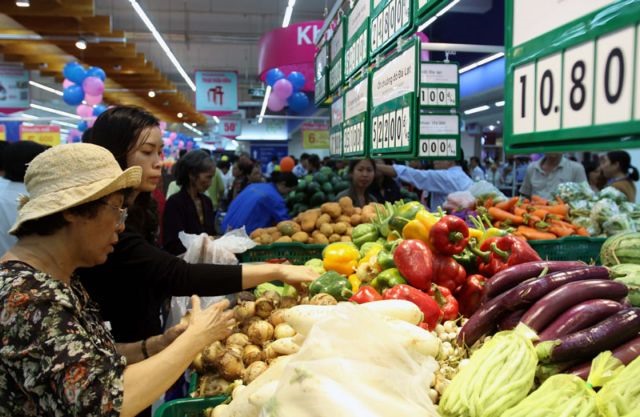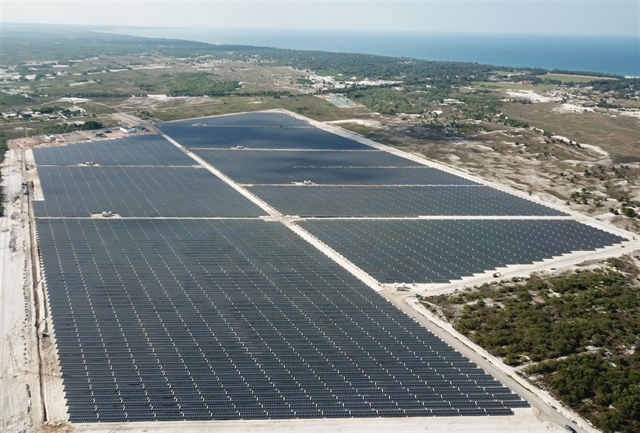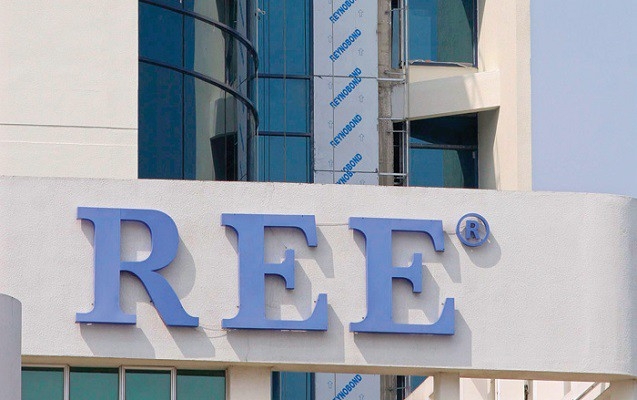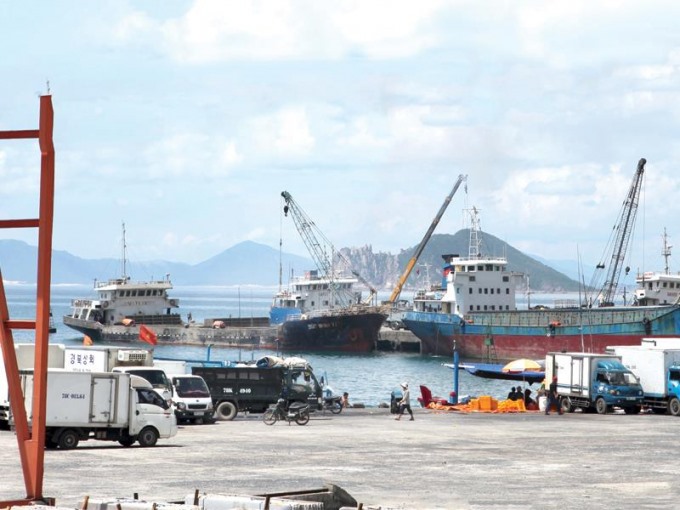
The novel coronavirus epidemic has affected the socio-economic development of Việt Nam, including the transport sector.
Minister of Transport Nguyễn Văn Thể speaks to Vietnam News Agency about solutions to control the epidemic and promote business activities of the industry to compensate for losses.
Which field of the transport sector has faced the greatest impact from the epidemic?
The aviation industry has suffered the greatest impact from the coronavirus epidemic, while the ministry has not seen much effect on road transport between Việt Nam and China, or rail transport.
In 2019, the number of passengers travelling between Việt Nam and mainland China by air was more than six million, accounting for 5 per cent of the total passengers passing through airports in Việt Nam last year.
The coronavirus epidemic is directly affecting flights between Việt Nam and China, and it is hard to calculate losses.
However, air transport between Việt Nam and other countries has been maintained. Therefore, the ministry has promoted passenger and cargo transportation to other markets, such as Korea, Japan, Australia and Taiwan, to compensate for the losses.
The ministry is also focused on expanding to new markets, such as India. India is a potential market for Việt Nam’s aviation sector, and it has not yet been developed.
During Vice President Đặng Thị Ngọc Thịnh’s visit to India from February 11-13, Việt Nam launched three new routes between Việt Nam and India, with direct flights from Hà Nội, Đà Nẵng and HCM City.
The ministry has encouraged local airlines to increase domestic flights because in the past, they have given a lot of priority to explore international routes, including China.
The increase in domestic flights will facilitate air transport for local passengers and connection among domestic tourist destinations.
However, the sector hopes flights between Việt Nam and China to recover in the near future.
For road and rail transport, the ministry would further develop the domestic market and expand to ASEAN countries via Thailand because many countries have restricted transport of passengers and cargo via China during the epidemic.
At present, Việt Nam has maintained freight transport by rail through China for import and export activities. Therefore, the ministry has directed the railway industry to control the epidemic on its transport system.
What does the Ministry of Transport propose the Government do to help the sector during the epidemic?
The ministry’s current solution is to encourage road and rail transport companies to save fuel and adjust routes to improve efficiency.
Meanwhile, the ministry has received proposals from airlines to help them deal with difficulties, including increasing fares. But the ministry is likely not to submit this proposal to the Government, because the epidemic is expected to reduce profits by about 5-7 per cent and with this percentage, the ministry believes that airlines will still make a profit.
The State will give support to airlines that face losses. If the companies are still profitable while this epidemic affects the economy and society, then they should share the burden.
The airlines have also proposed to increase service fees and the ministry disagrees with this proposal. As passenger numbers have fallen, the airlines can reduce flights, thereby cutting operating costs.
When the companies prove their business activities are in trouble or suffer losses, the ministry will consider those cases for Governmental support.
What has the ministry done to prevent and control this epidemic in the transport sector?
The ministry has closely followed the direction of the Government in the prevention of the coronavirus epidemic. It has established a steering committee on prevention and control led by a deputy minister of transport and also requested transport sectors such as aviation, railway and road to have specific solutions on control of the epidemic.
At present, the ministry continues to carry out the directions of the National Steering Committee for epidemic prevention and control. It will strengthen control in aviation, railway, road and marine transport. It will also promote control of exported goods across the border. — VNS































